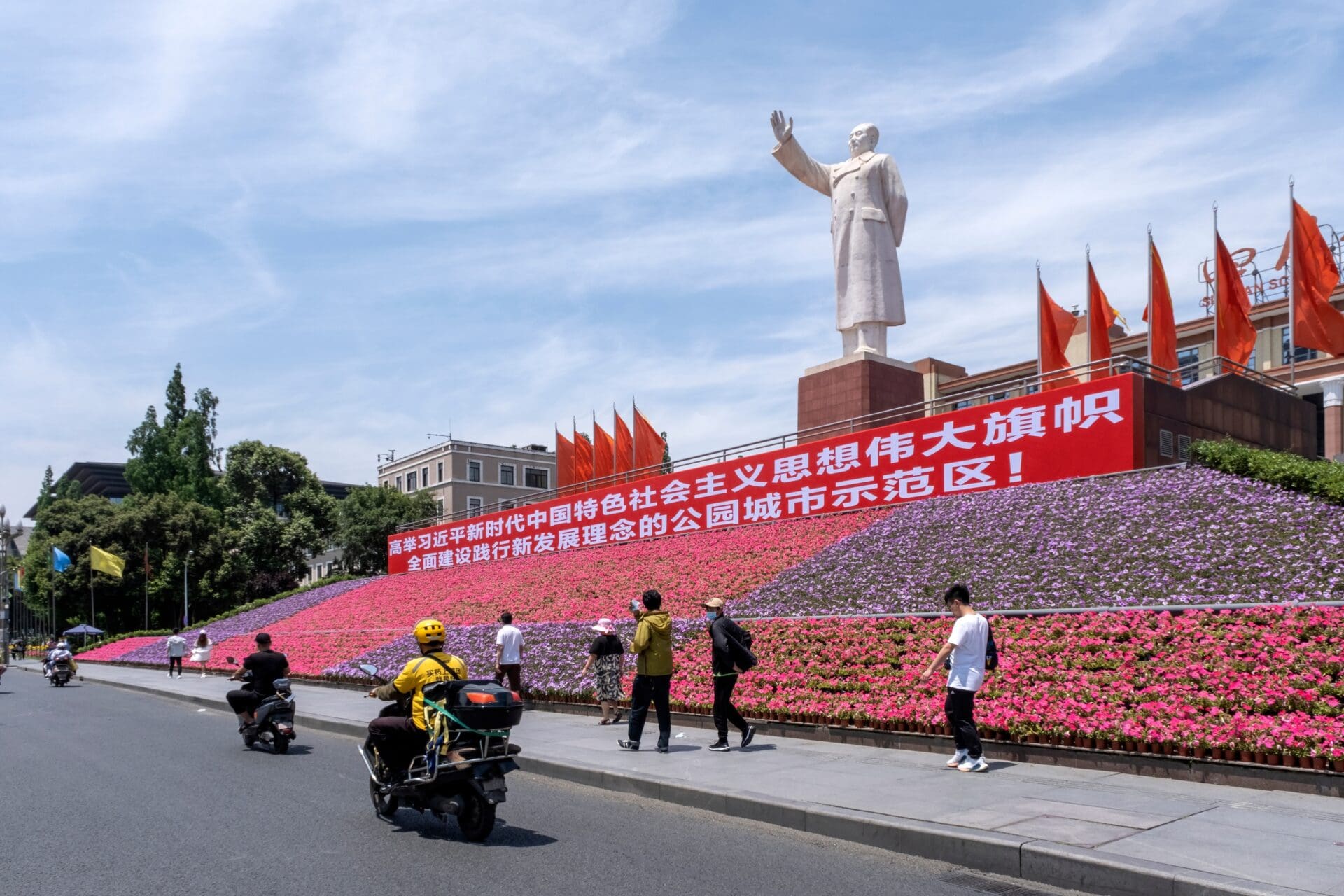Over the last couple of years, the Chinese Communist Party (CCP) has intensified its assault on China’s pre-Communist rule history. In a leaked document from 2013 ‘historical nihilism’ was named as one of the seven most threatening challenges that the Party faces. According to the document, historical nihilism is ‘tantamount to denying the legitimacy of the CCP’s long-term political dominance’. In essence, the term means the denial of the Marxist notion that the socialist revolution (overturning capitalism) is inevitable, and that in China the CCP is the (again, inevitable and necessary) force to drag the peoples of China into the communist paradise. In the name of its campaign against historical nihilism, the CCP has removed two million social media posts in the course of a couple of months, in the run up to the Party’s celebration of its centennial rule. As part of the ‘anti-historical nihilism’ campaign, even a centre was created where internet users can report posts that ‘distort’ the history of the party or that of the ‘new China’.
The censorship of historical memory in China is so strong—especially of the more ‘sensitive’ events of history—that not even beauty influencers can escape it. Austin Li Jiaqi, also known as the ‘Lipstick King’, was temporary silenced on the Chinese internet after in one of his videos he appeared with a tank-shaped ice cream cake. The shape of the cake was understood to be a reference to the Tiananmen massacre, that the CCP’s censors could not allow on a platform with 64 million followers. It is not clear, however, if Austin Li Jiaqi even knew that there was a massacre in Tiananmen square in 1989—the censorship of the event is so strong in China that young people born after the protests that took place 33 years ago (like the influencer) might not be aware of what actually happened.
While the history of the party is worshipped, everything else in Chinese history is rendered uninteresting
As the censorship of history intensifies in China, the Marxist interpretation of Chinese history strengthens. In line with the Marxist view of history, the Imperial period is characterised as one of oppression and class struggle that was prone to crisis and inevitably ended in a revolution. In turn, the so-called ‘century of national humiliation’, when China was controlled by Japan and Western powers, is used to demonstrate that only the CCP could rescue China from subjugation and put it on the road of socialism. In essence, while the history of the party is worshipped, everything else in Chinese history is rendered uninteresting, unless it can be twisted so as to elevate the CCP and its socialist mission.
The assault on history is shared among all communist dictatorships that have ever existed. Repudiating countries’ historic continuity and the belief that societies can be crafted from scratch are core concepts of Communist ideology. Denying the importance of history and the past of ethnic diversity in Imperial Russia, the Soviet Union spent decades building a new ‘Soviet’ identity, the ‘homo sovieticus’. The utter erasure of the past of the various nations who made up the people of the USSR did not bring any good, however. As demonstrated by the series of ethnic cleansings and massacres after the collapse of the USSR, it is obvious that the tensions that defined the Caucasus, for instance, persisted even after decades of pretending that Armenians and Azeris are ‘Soviets’. By the same token, while the distortion and denial of history that the CCP is engaged in now can maim Chinese collective memory, it will never manage to completely overwrite it.
For conservatives, society is like a tree—if you destroy the roots, the branches will dry out
For the conservative instinct, the assault on history is particularly painful. Burke’s notion of conservatism relies on the idea that society is a partnership between the dead, the living and the unborn, therefore, any denial of the dead, of the past, damages the partnership, that is, society. According to the conservative view, institutions are built from the collective wisdom of multiple generations, therefore, any one generation is unable to craft a healthy regime from only its own knowledge and strength (as opposed to the Marxist view). For conservatives, society is like a tree—if you destroy the roots, the branches will dry out. If you deprive a society of its past, its history and its culture, it withers away—a lesson Communist dictatorships do not seem to have learnt.







